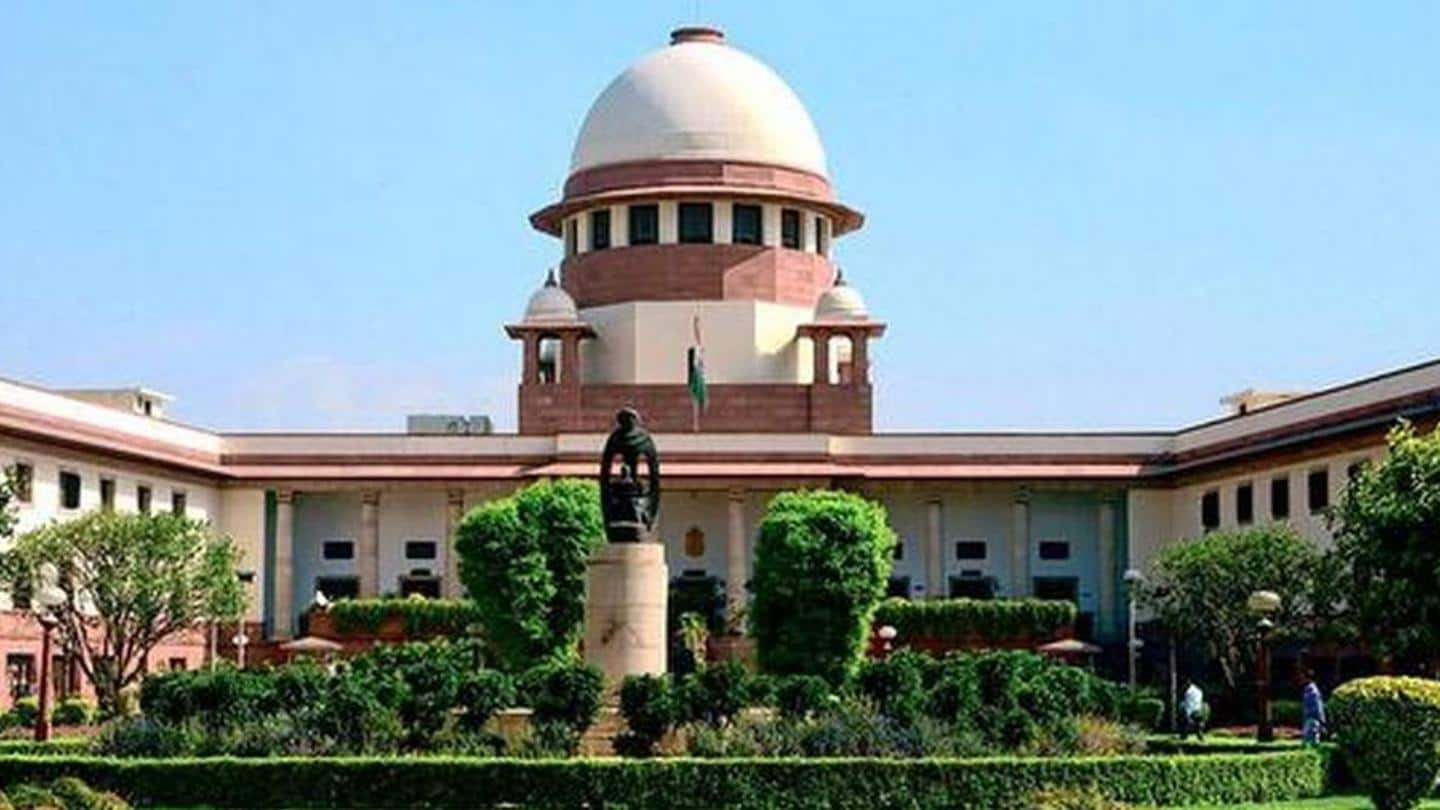
Loan moratorium cannot be extended, says the Supreme Court
What's the story
The Supreme Court today refused to extend the six-month loan moratorium period offered by the Reserve Bank of India (RBI) last year.
The top court delivered its judgment on a batch of petitions seeking the extension of the moratorium period and waiving of interest payments on coronavirus support loans.
Here are more details on this.
Details
Top court also rules out complete waiver of interest
Further, the Supreme Court also said that a complete waiver of interest during the moratorium period could not be granted as banks have to pay interest to account holders and pensioners.
The court has, however, ordered the banks against charging the borrowers any compound interest or penal interest on loans during the moratorium period.
Order
This is what the court said in its order
"We are of the opinion that there shall be no interest on interest or compound interest or penal interest during moratorium period and any amount already recovered under those heads shall be refunded by adjusting it in the next installment of the loan amount," the court ruled.
The judgment was delivered by a bench of Justices Ashok Bhushan, R Subhash Reddy, and MR Shah.
Context
RBI had announced loan moratorium last March
On March 27 last year, the RBI had announced a moratorium on loan installments due between March 1 and May 31 and subsequently extended it by three months until August 31, 2020.
The relief was meant for personal, housing, education, auto and consumer durables loans, loans to Micro, Small and Medium enterprises (MSME), and credit card dues, subject to applicable conditions.
History
RBI earlier instructed banks to credit interest difference by November
The RBI had earlier instructed banks and other financial institutions to credit the difference in compound interest and simple interest on repayments of eligible loans up to Rs. 2 crore due between March and August, by November.
The banks were asked to credit the amount irrespective of whether the borrower fully or partially opted for the relief, and claim a reimbursement from the government.